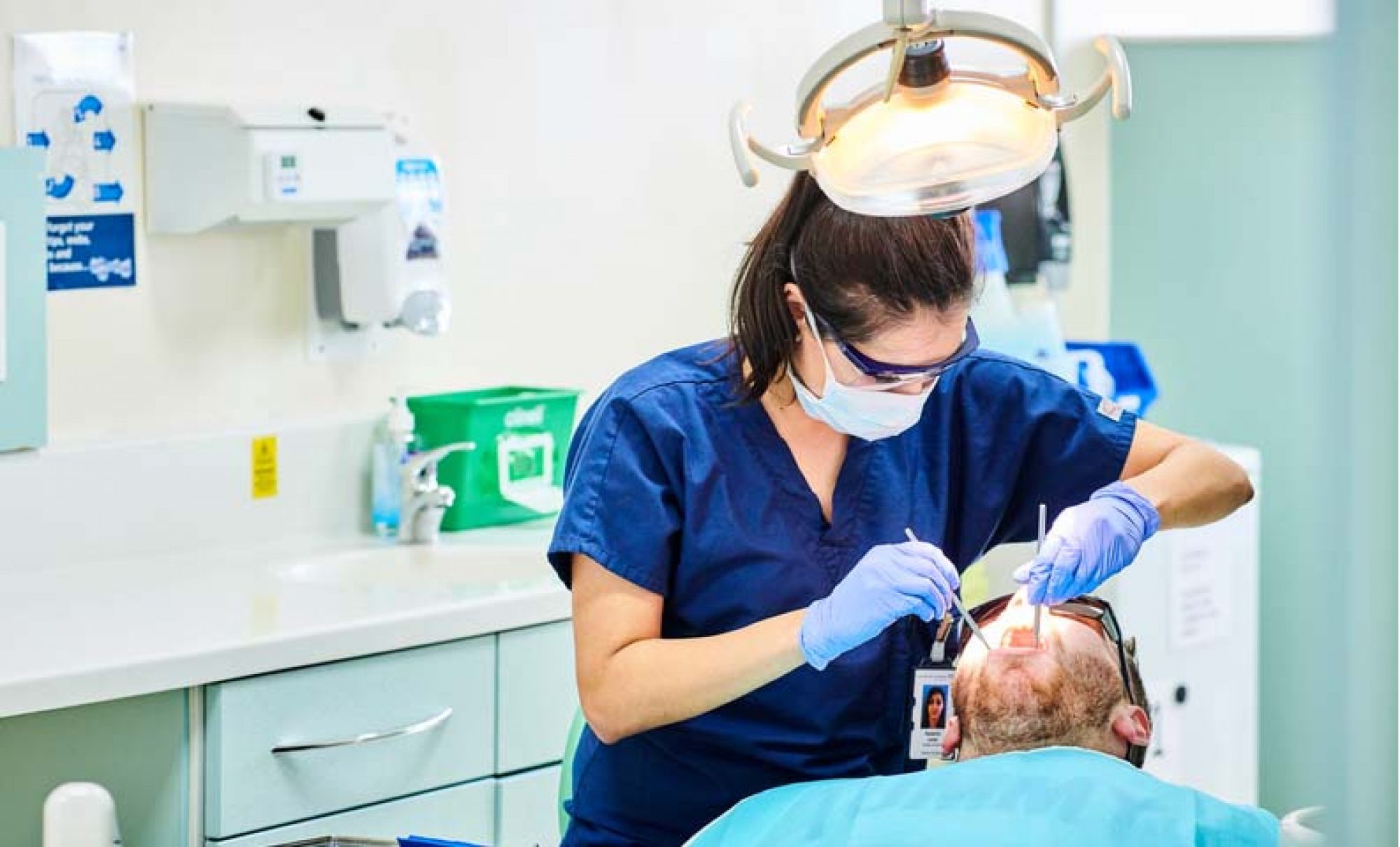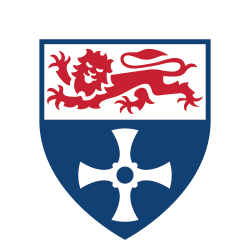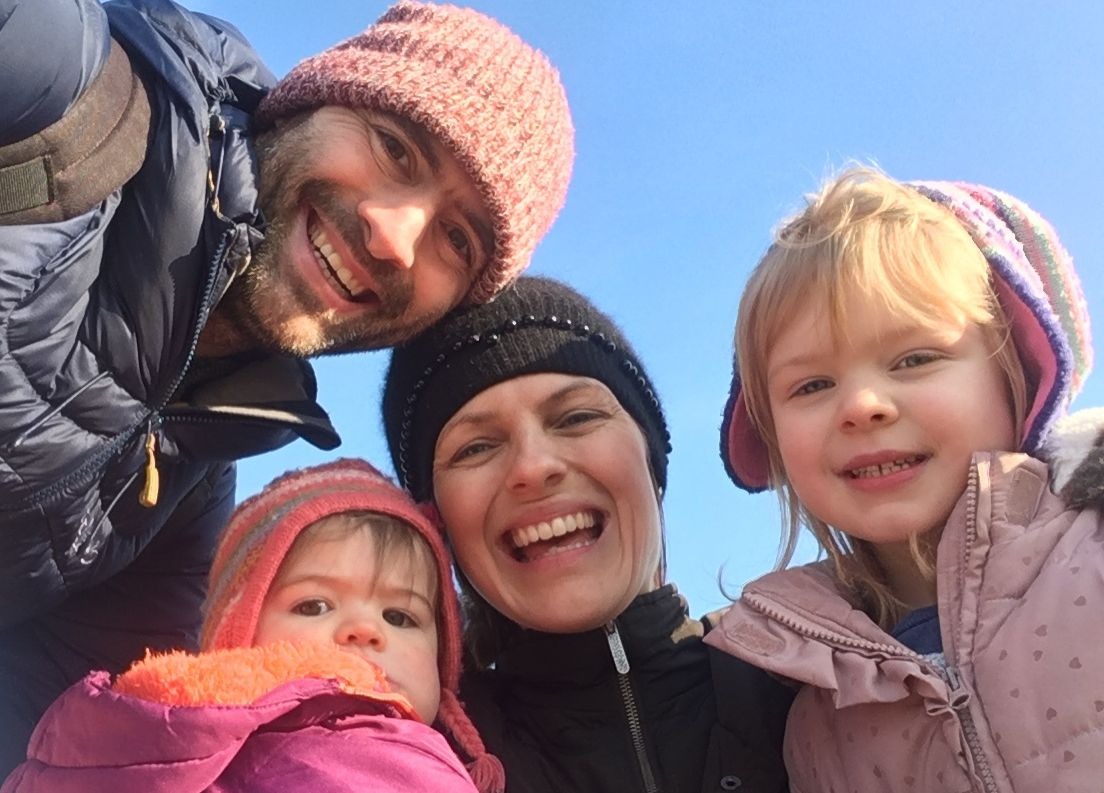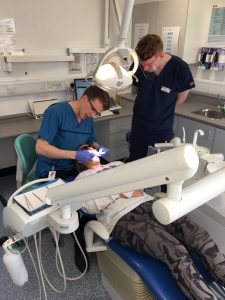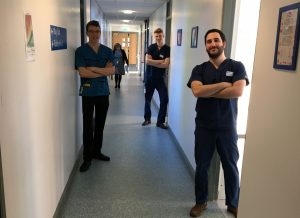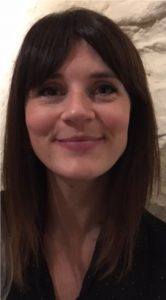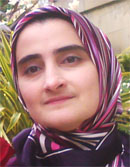Meet the family
Rhiannon and Chris O’Connor are in a unique position. They both do the exact same job as each other (Clinical Fellows at Newcastle Dental School) in the same university they met and trained in aged 18. You might ask what such a couple could possibly talk about over mealtimes? The answer, for the last few years (since they had kids), has generally been who is more tired and who is going to have to do the next early morning.
Their first daughter, Isla, was born in March 2015 a few weeks before the government would change the family dynamic forever. In April 2015 ‘shared parental leave’ was introduced and families were now able to share the twelve months of leave previously reserved for the mother.
Luckily for the readers of this blog, in July 2018, Rhiannon and Chris welcomed to the world their second daughter, Megan, and decided to share some of their allocated leave.
Why are you sharing your leave?
Google tells us that only one to two percent of parents currently utilise shared parental leave but for the O’Connor family it was a great opportunity. Rhiannon had some pressing PhD deadlines that she wanted to meet to be eligible for job opportunities. Chris wanted to experience being the primary carer for a while and take the opportunity to spend more time with his children.
How can you split it?
In line with Government policy, the University requires mothers to take a period of two weeks maternity leave after childbirth. Following this, parents can divide a remaining period of 50 weeks leave between themselves. This can be structured in various ways, provided line managers agree, so parents can take periods of leave together or can take their leave separately. In addition to this, the father is also entitled to two weeks paternity leave within eight weeks of the birth of the baby.
Knowing that the first few weeks with the new baby would be the hardest, Chris took two weeks parental leave immediately after his paternity leave finished. Rhiannon took the first nine months of parental leave immediately and Chris took the final three months.
Is it paid?
Payment for parental leave can vary, depending on conditions of employment and length of service. The O’Connors received full pay for the two weeks paternity, two weeks maternity and first 16 weeks of shared leave. The subsequent 21 weeks of shared leave were paid at a lower rate and the final 13 weeks unpaid.
Was it easy to arrange this leave?
Yes. The Newcastle University’s shared leave policies are easily accessible on their website. Once we had worked out what we could apply for, it was a case of a couple of meetings with line managers and then a bit of form filling. Managers were really supportive and we were granted what we initially requested with no problem.
Would you recommend others consider applying for Shared Parental Leave?
Absolutely! The opportunity worked really well for us, enabling us to balance work commitments better and both benefit from some quality time with our children. It also helped us both appreciate the different demands of being ‘stay at home’ and ‘working’ parents, which made us more supportive of each other in these roles.
Rhiannon and Chris are now very much back at work and are still permanently exhausted!
